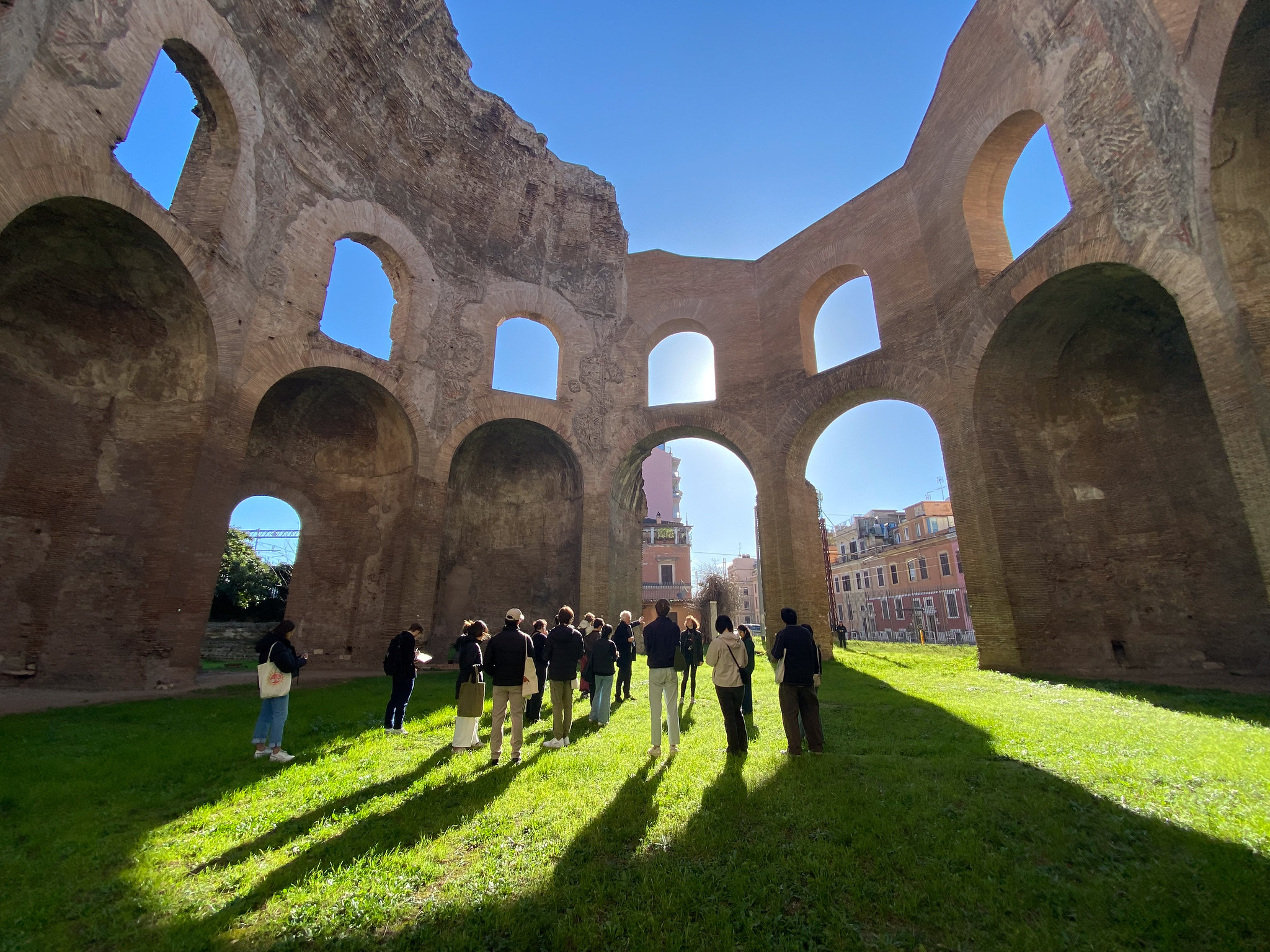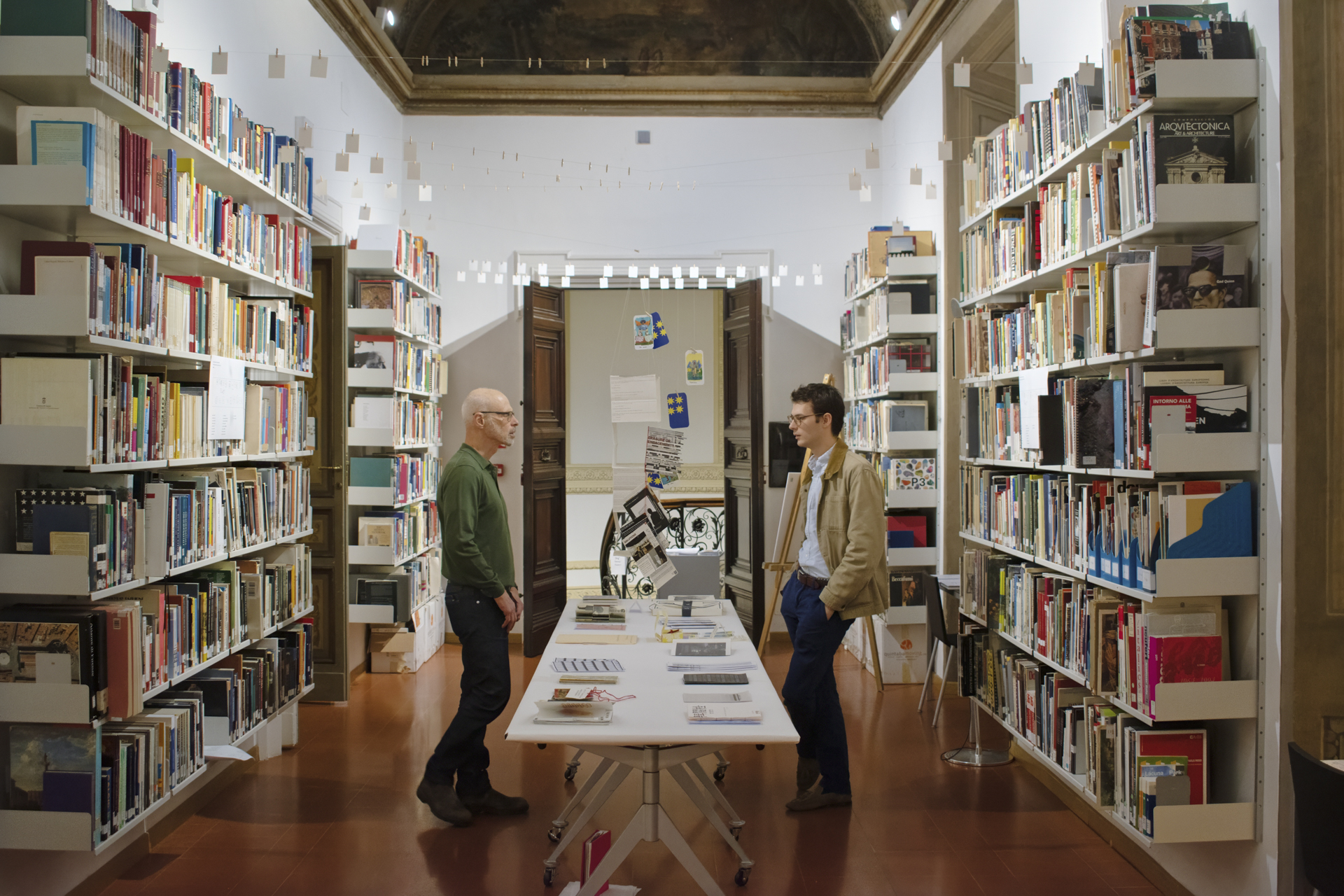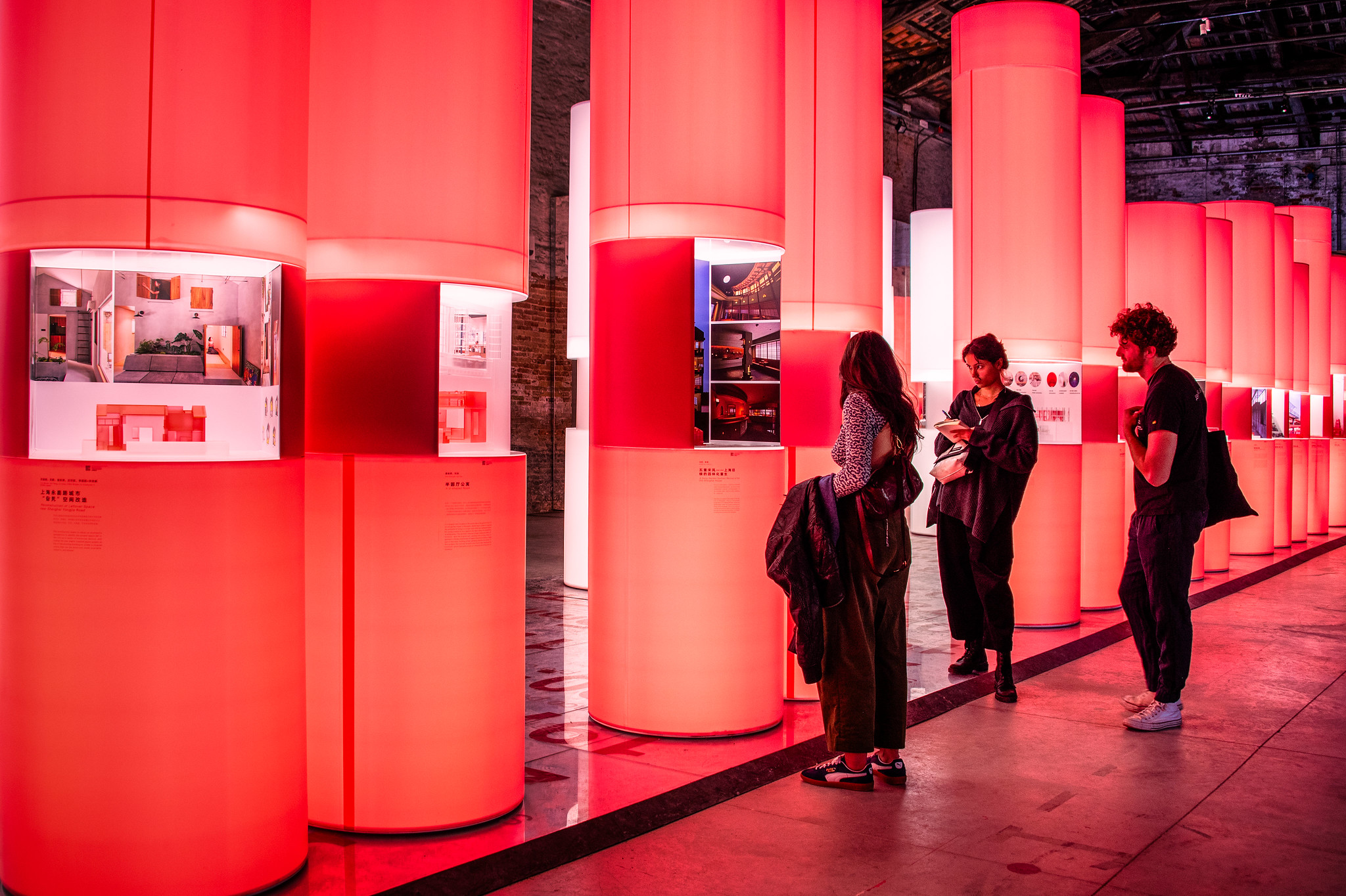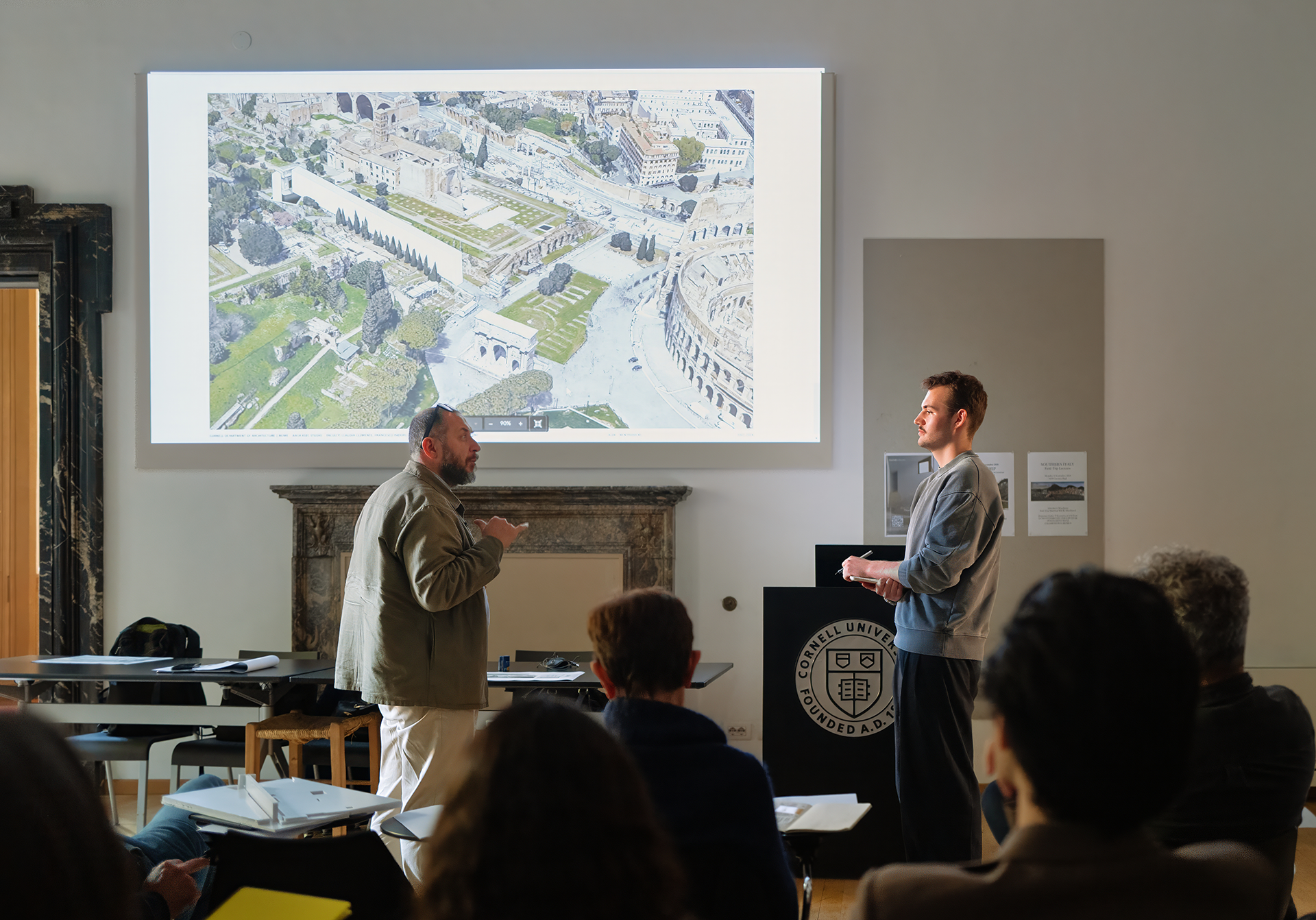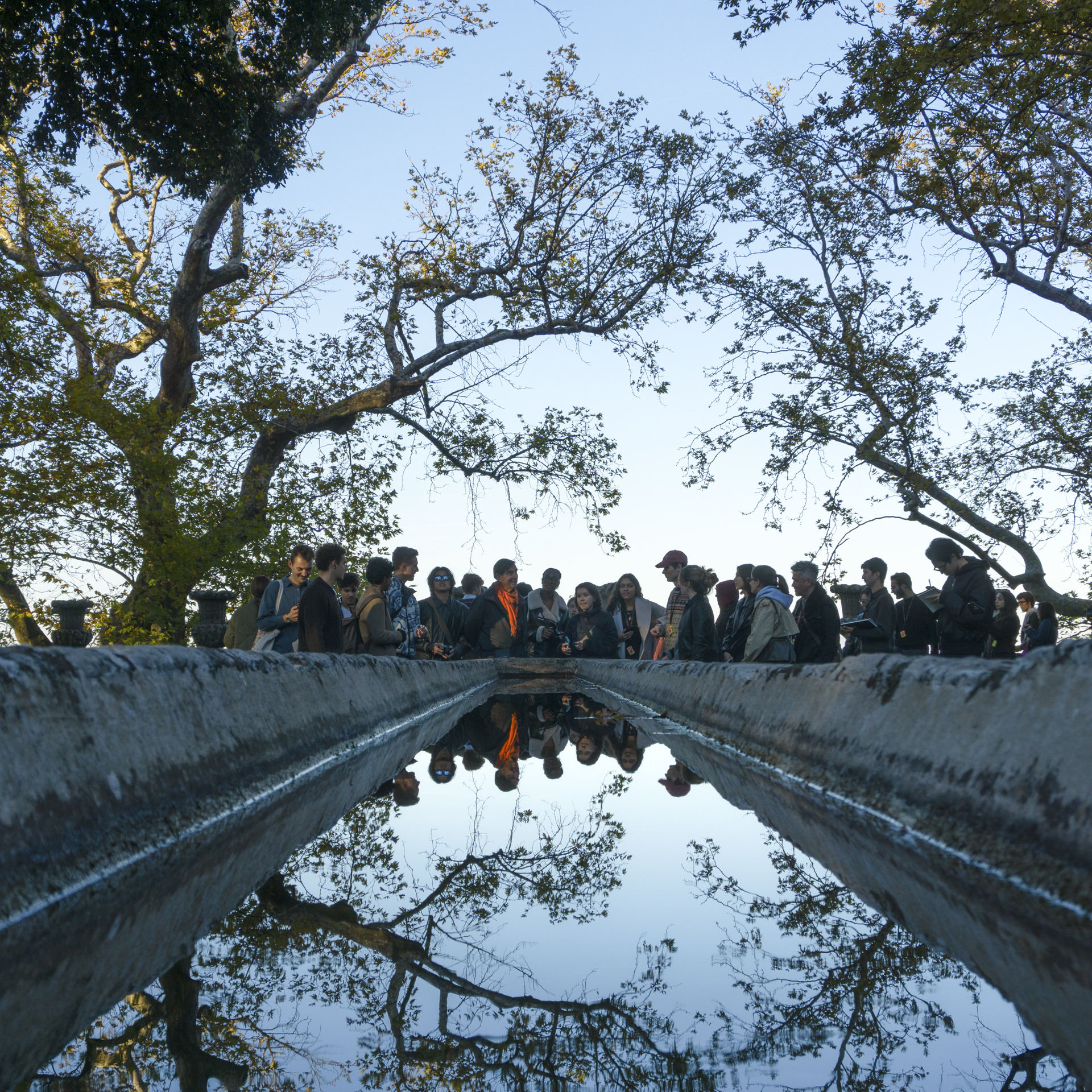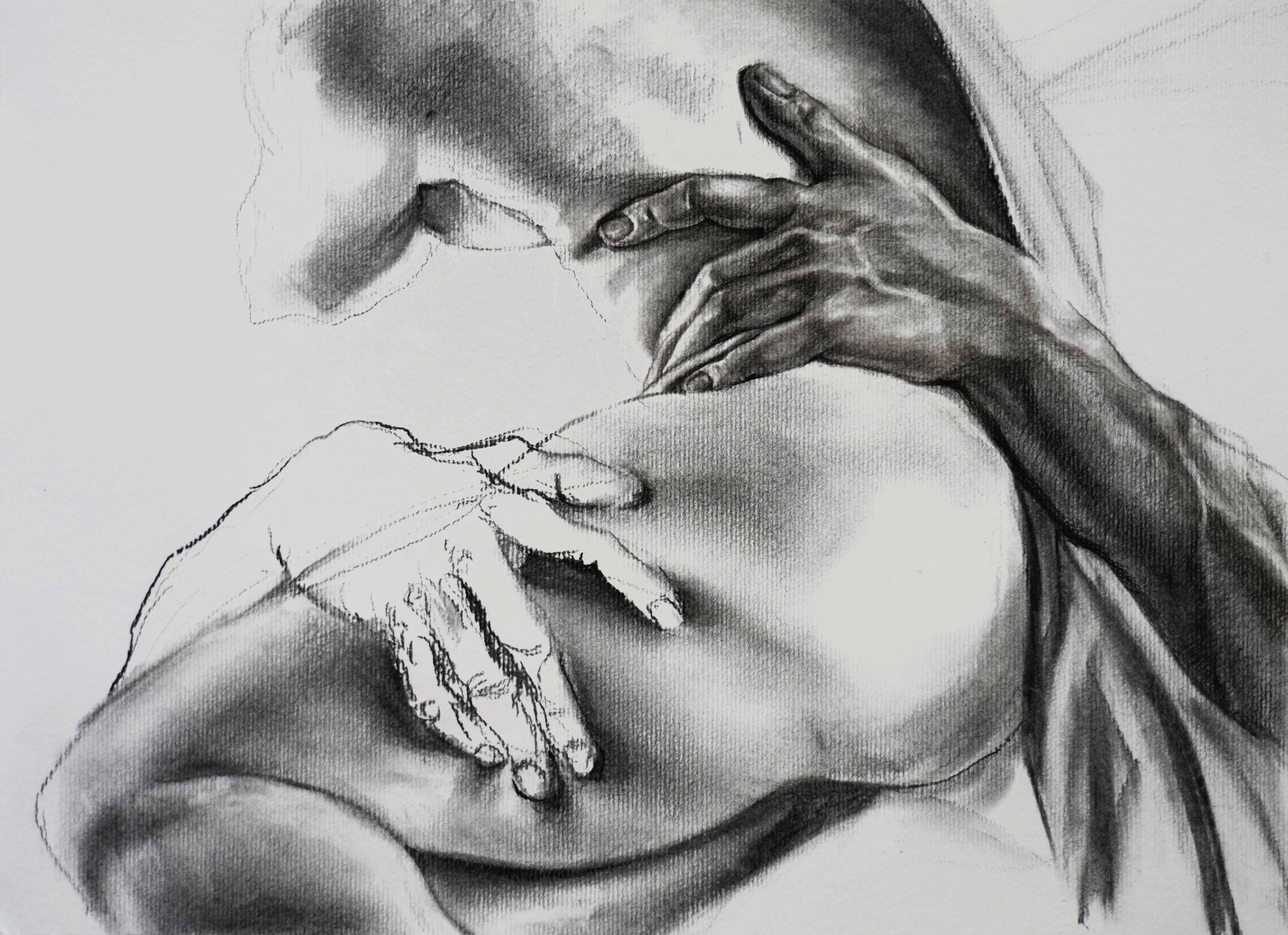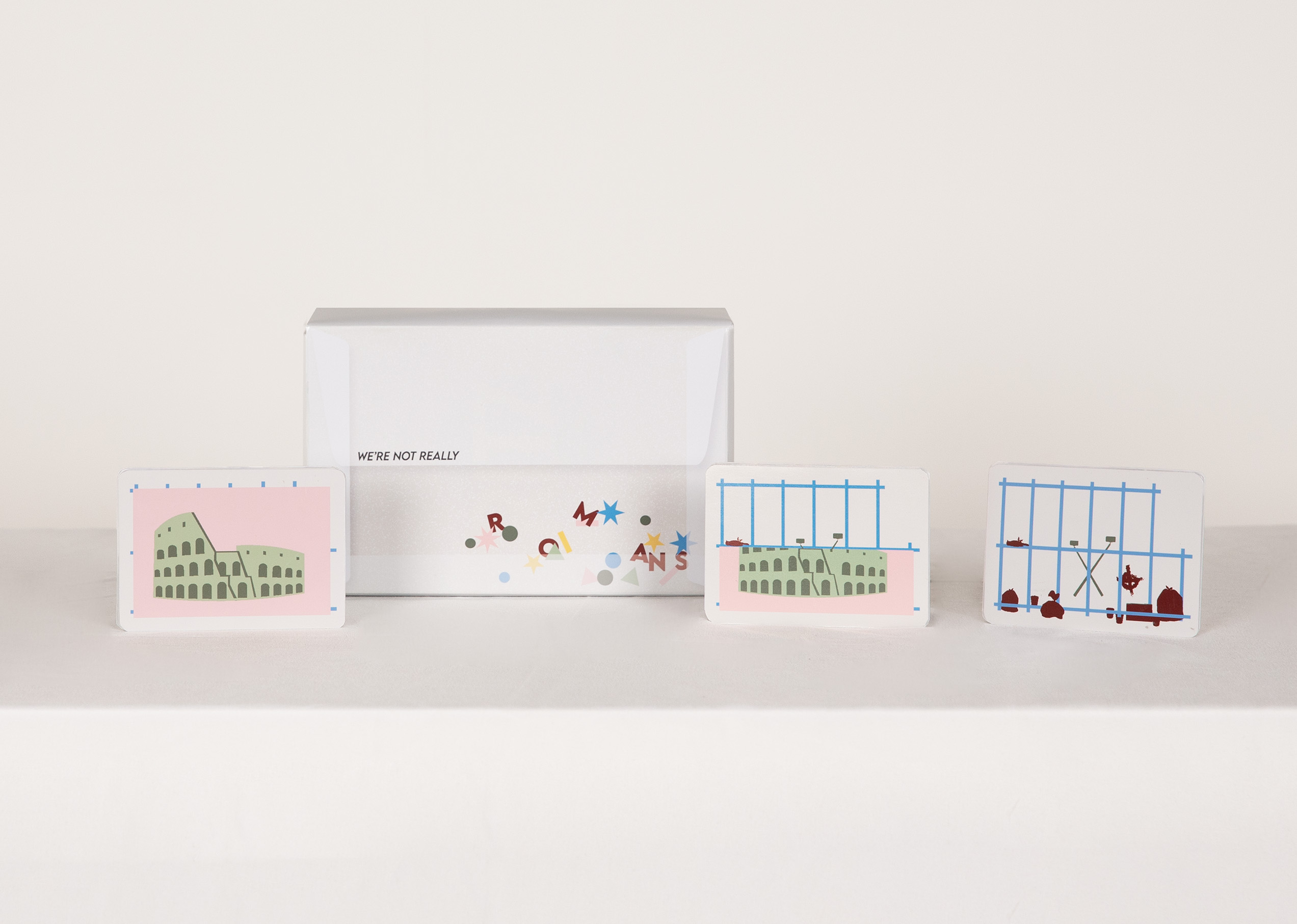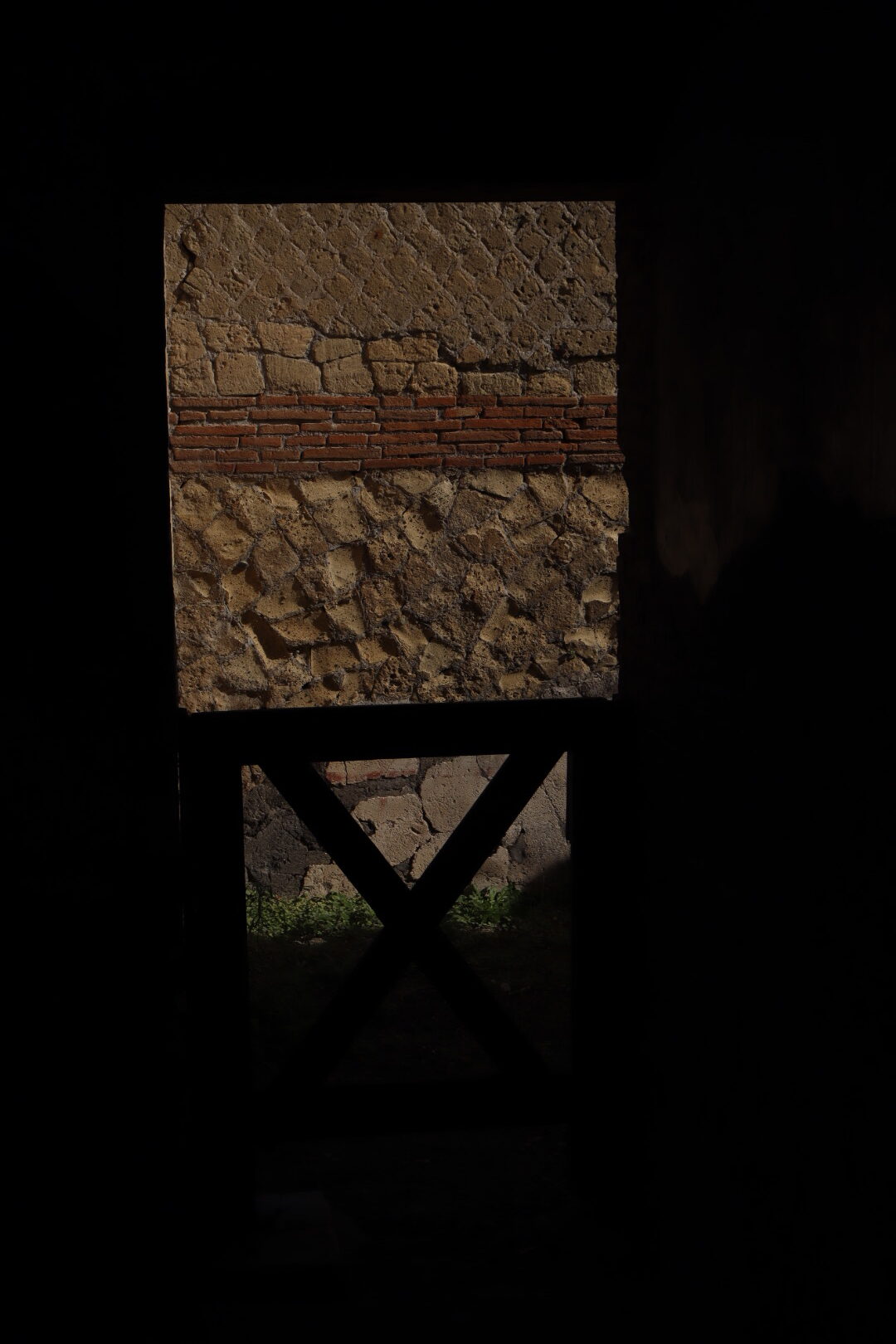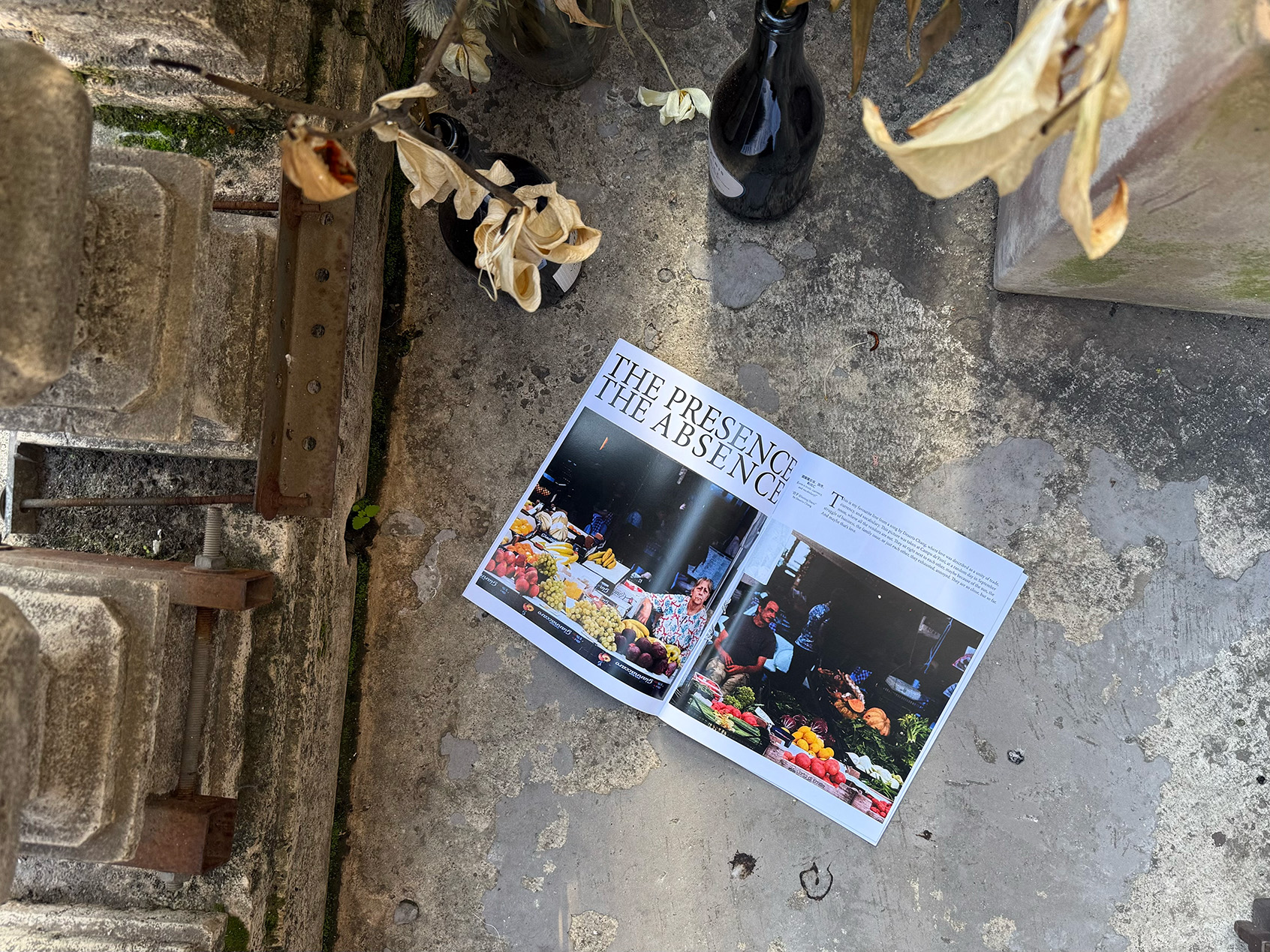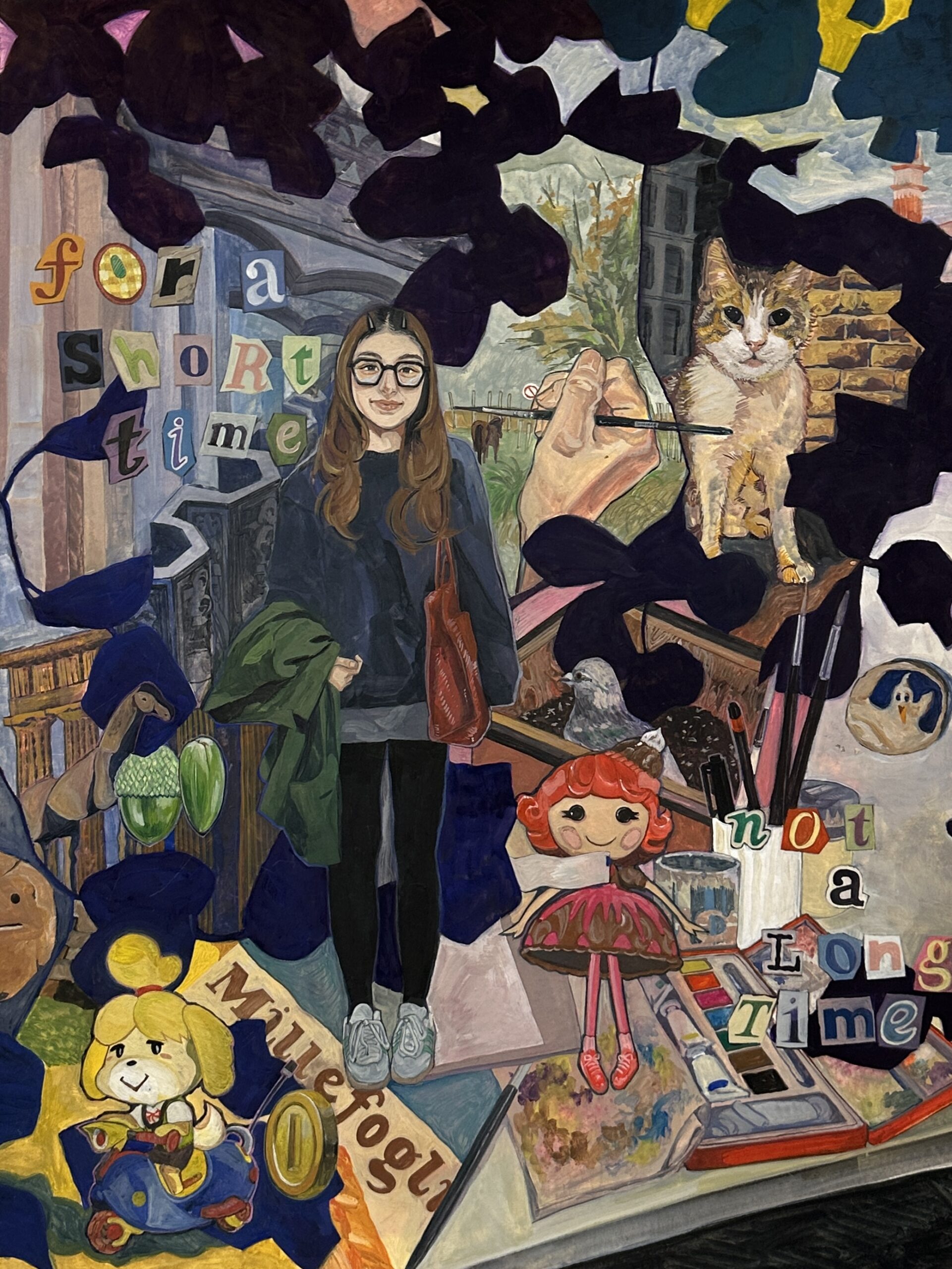Established as the first international Study Away program at AAP, Cornell in Rome provides immersive experiences in and around Rome as well as an itinerary that travels to select cities across Italy’s wide-ranging geographies.
All courses advance students toward their degree programs while deepening their knowledge of architecture and urban history, contemporary art and design, and current issues facing major Western cities.
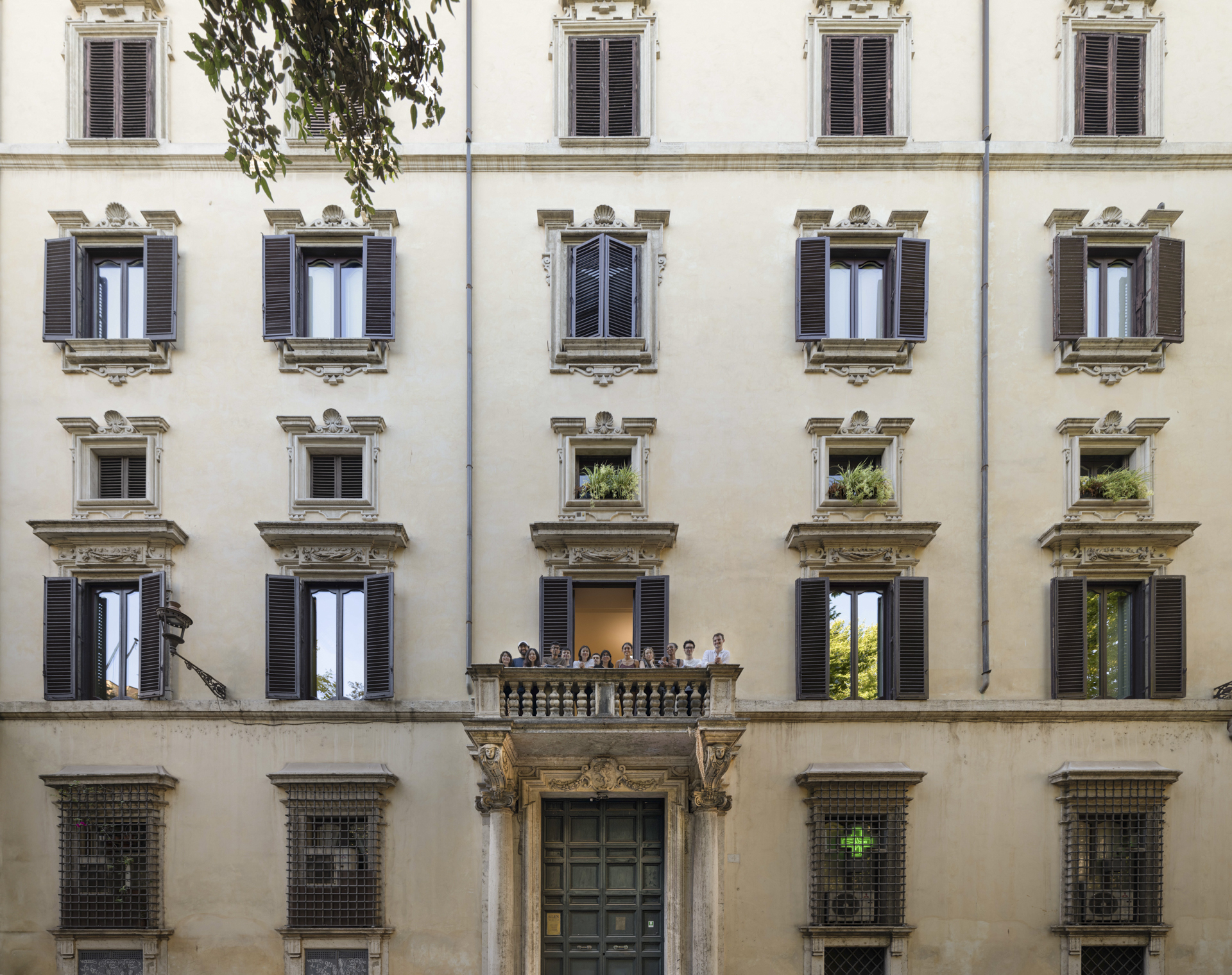
Apply
Cornell in Rome is open to B.Arch., B.F.A., B.S. URS, and M.R.P. students at Cornell AAP. Applications are submitted through the Experience Cornell site, which is updated yearly with eligibility details and application deadlines.
All students admitted to Cornell in Rome receive support in obtaining study visas for their time in Italy.
News
Stories Found in Translation: (Re)Connecting with Roman Archaeological Sites in the Heart of the City

After winning an international design competition, Architecture Visiting Critics Francesco Isidori and Maria Claudia Clemente brought that brief to their Cornell in Rome architectural design studio this semester, offering their students the opportunity to engage with major Roman sites both ancient and contemporary.
Stories A Place to Call Home
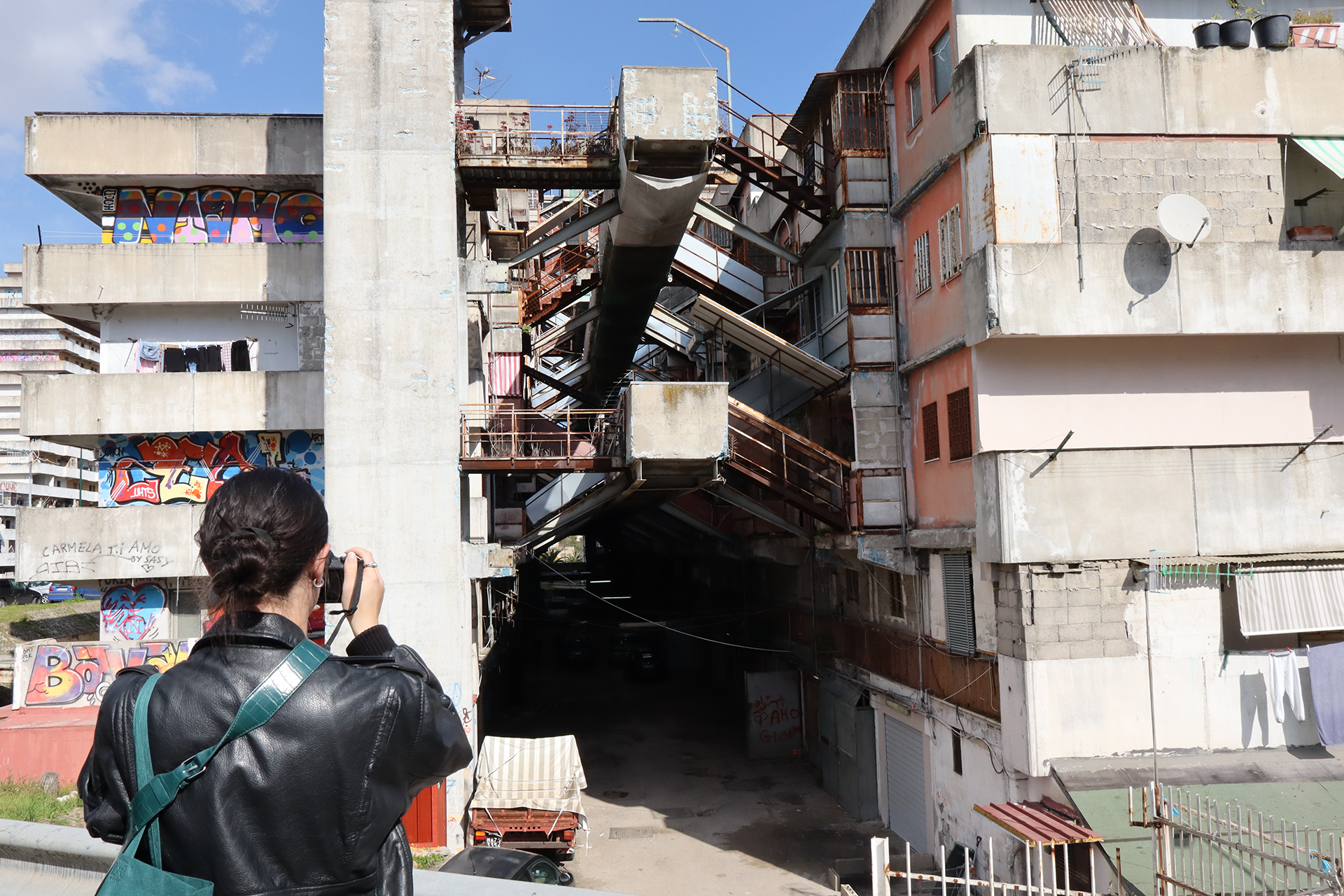
Housing is a basic human need that many struggle to afford because of limited incomes and increasing costs. This semester at Cornell in Rome, students and instructors across several classes explored different approaches to addressing the issue on display in Italy.
In the Media Josh Owen: Renowned Industrial Designer, Educator, and Author
Designculture — Artist Josh Owen (B.F.A. '94) discusses his experience studying at Cornell in Rome and with Associate Professor of Art Roberto Bertoia.
Stories More Than a Postcard Experience: Rome at the Margins
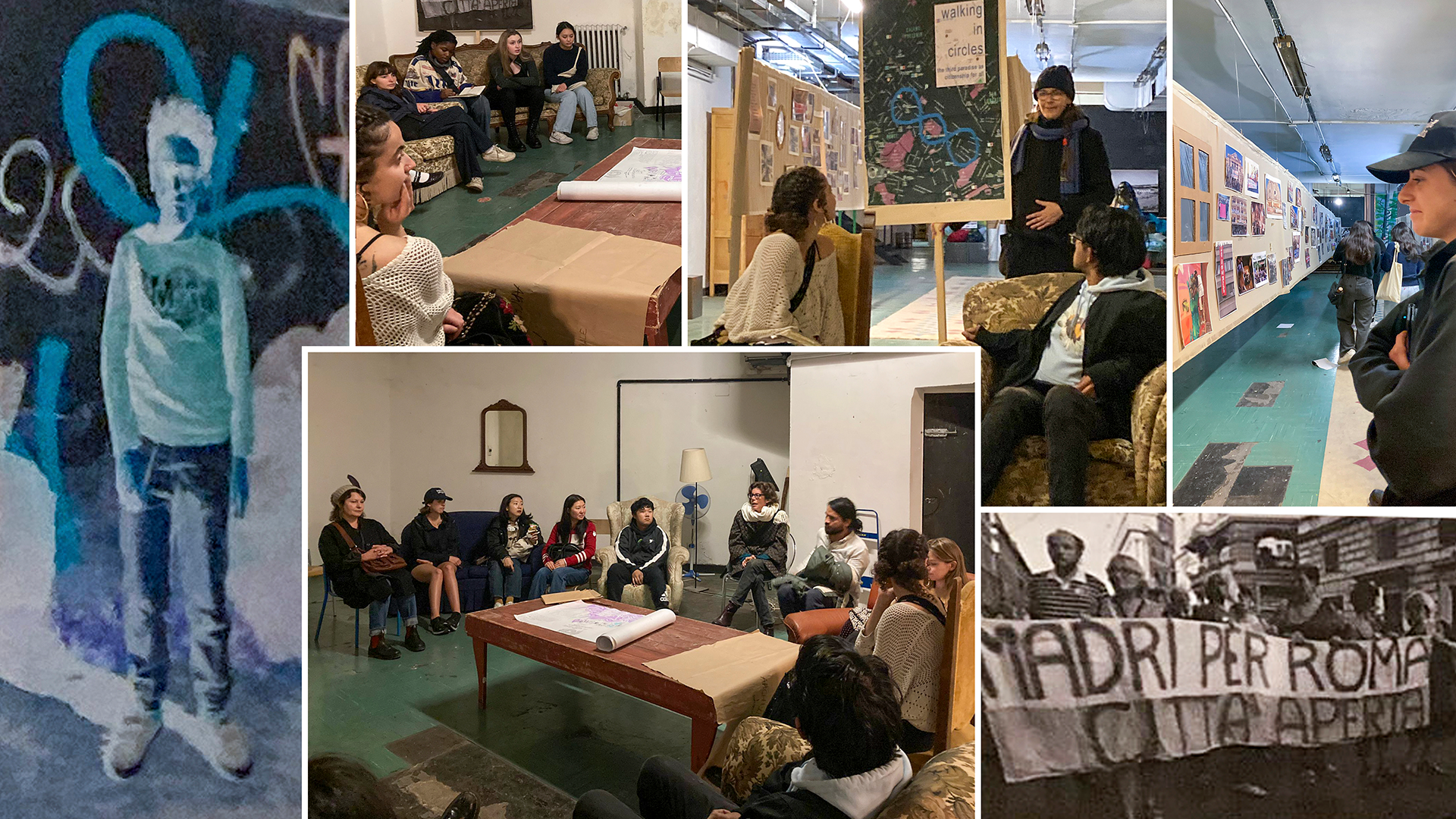
This semester's Cornell in Rome students expanded their understanding of the city through collaborative classwork that invited them to investigate life and culture at its peripheries.
Project LABICS Wins International Competition for New Training Center in Maranello, Italy
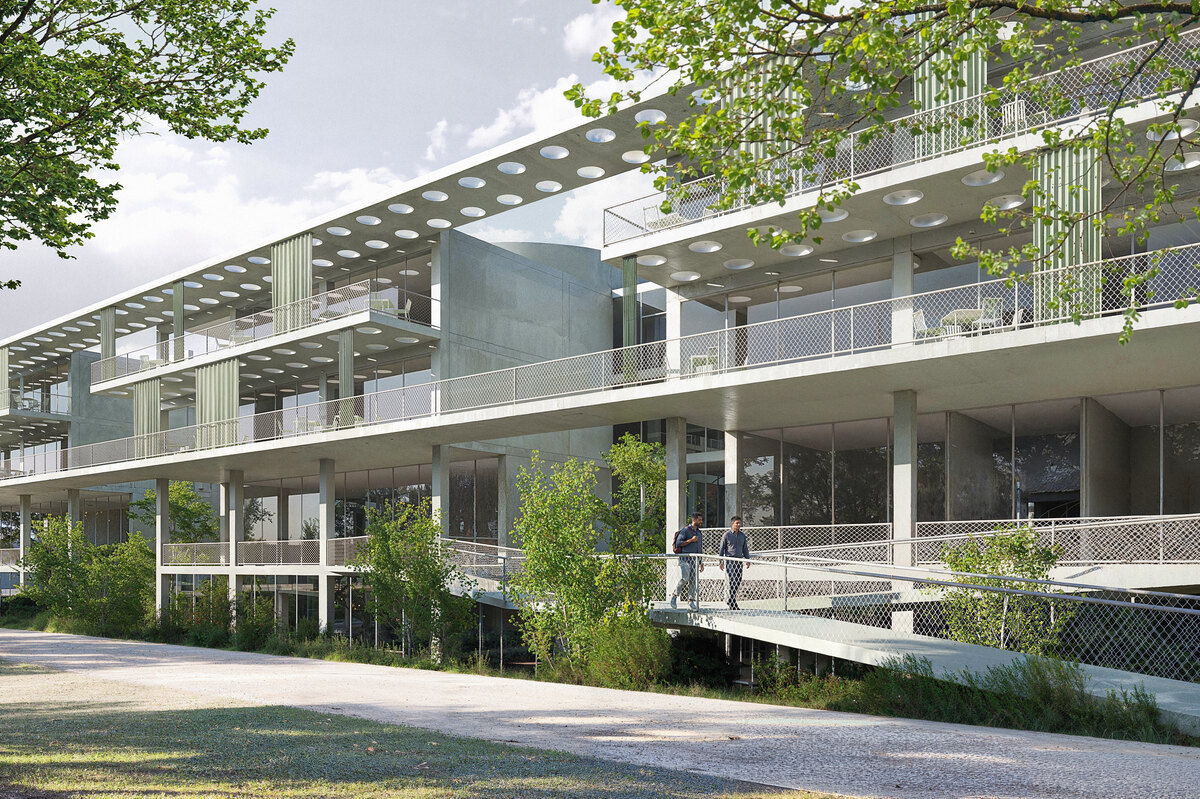
Cornell in Rome Visiting Critics in Architecture Maria Claudia Clemente and Francesco Isidori of LABICS have been awarded a major international commission for a new Ferrari-sponsored training facility in Maranello, underscoring their global design leadership and continued impact as educators at Cornell AAP.
Student Experience
During the program, students develop projects that reflect their engagement with the city’s cultural and urban landscape. Through research, creative exploration, and hands-on experience, they produce work that responds to diverse history, architecture, and contemporary issues.
Whether through artistic expression, design proposals, or urban studies, students leave with a deeper understanding of their field, shaped by the Cornell in Rome experience.
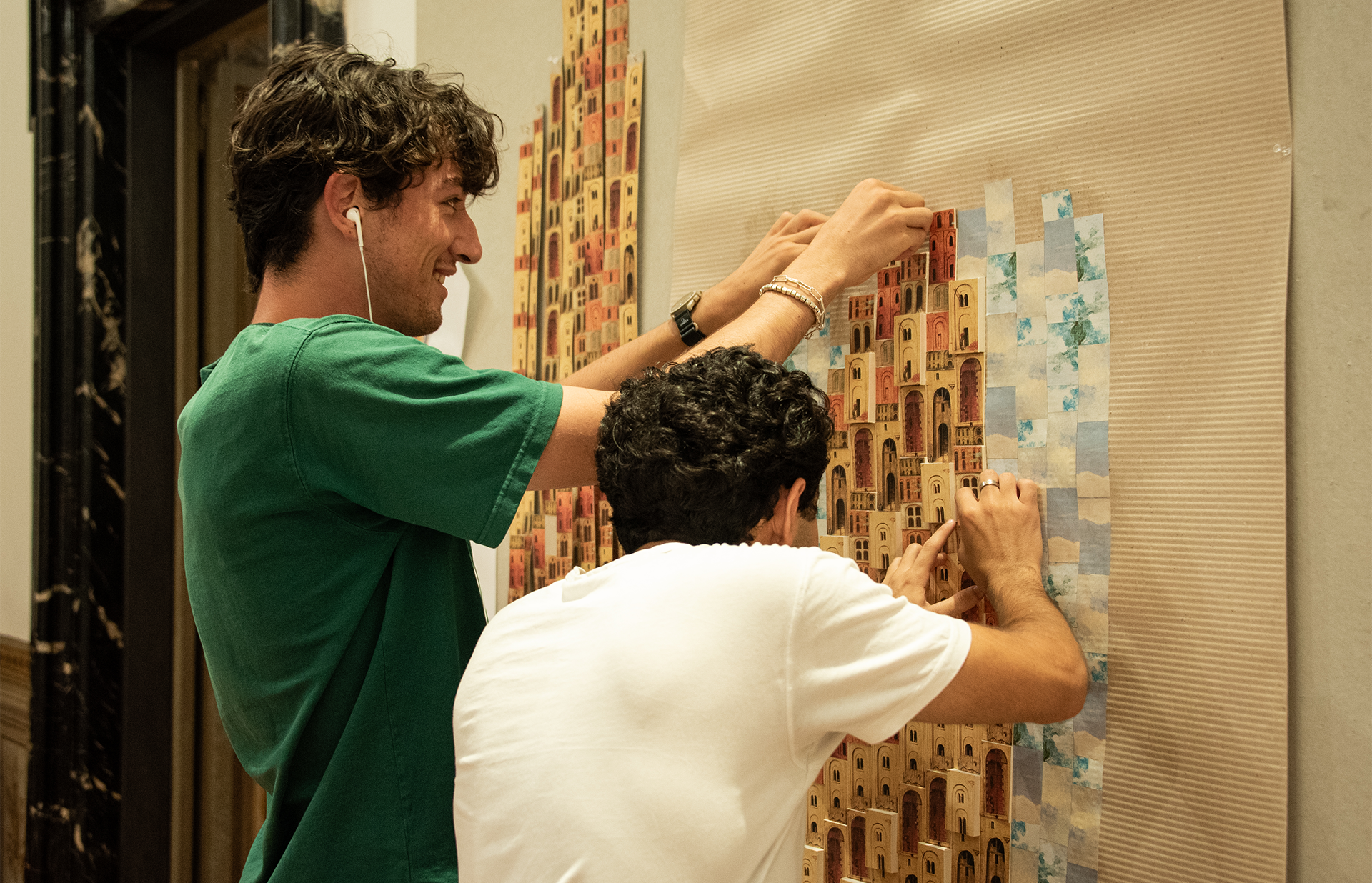
Student Work
-
![Charcoal drawing of a body.]()
Yanni Zhong
B.F.A. '27 -
![]()
Kelly Hong
B.F.A. '27 -
![a wall from within a dark room]()
Daniel Max-Onakpoya
B.Arch. '27 -
![an open magazine laying on the ground]()
Angelina Guo
B.Arch. '27 -
![a painting of a young girl surrounded by random objects]()
Isabelle Jung
B.F.A. '26 - Keep Browsing
